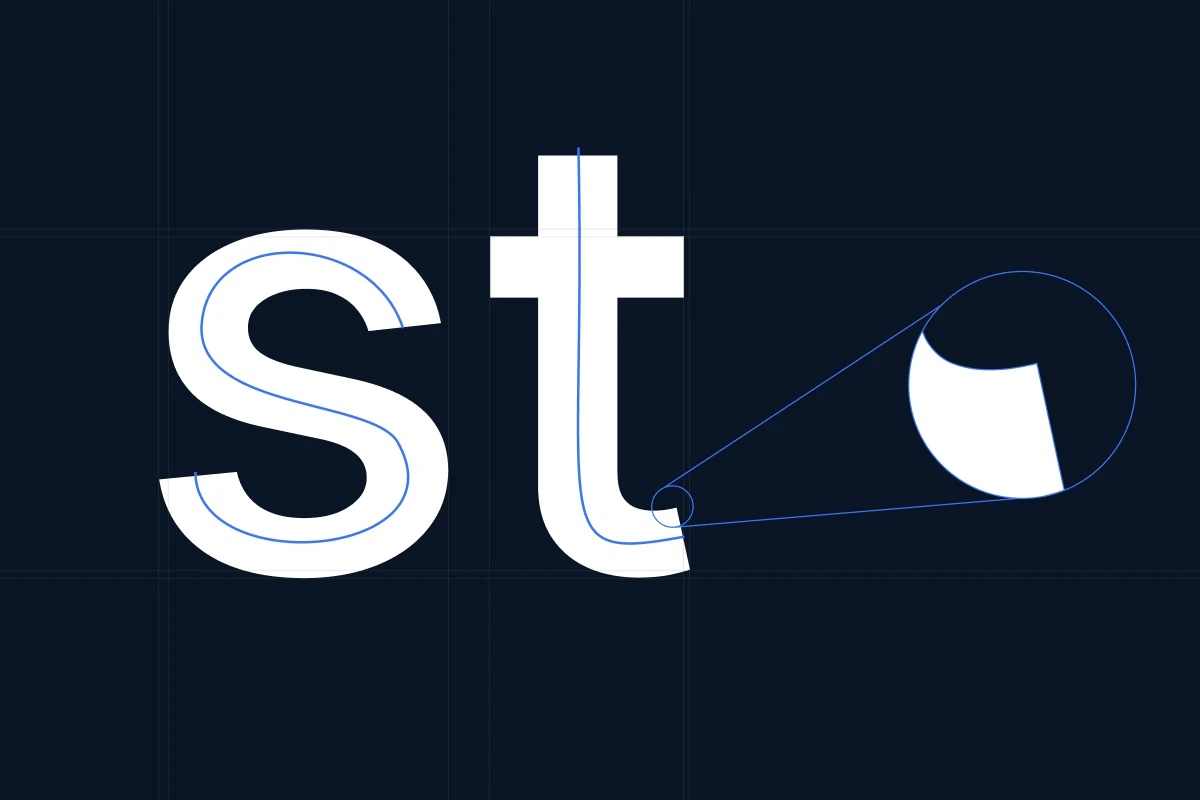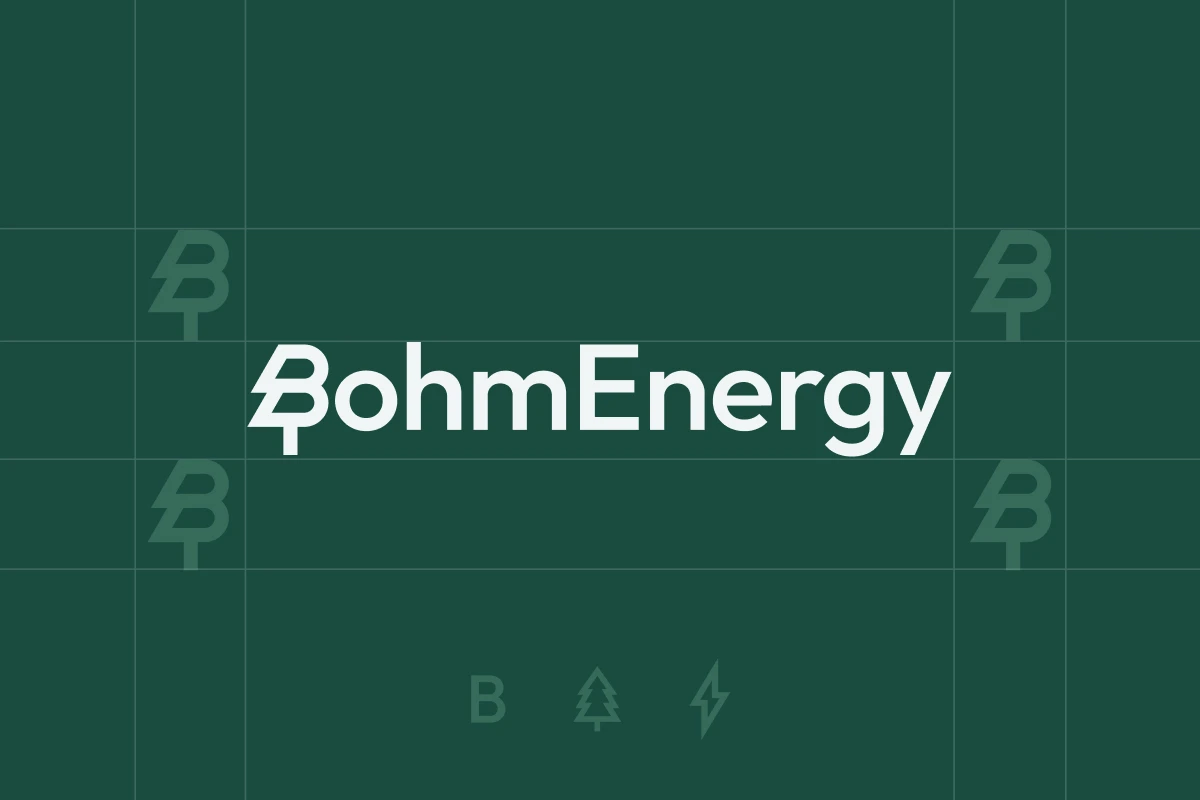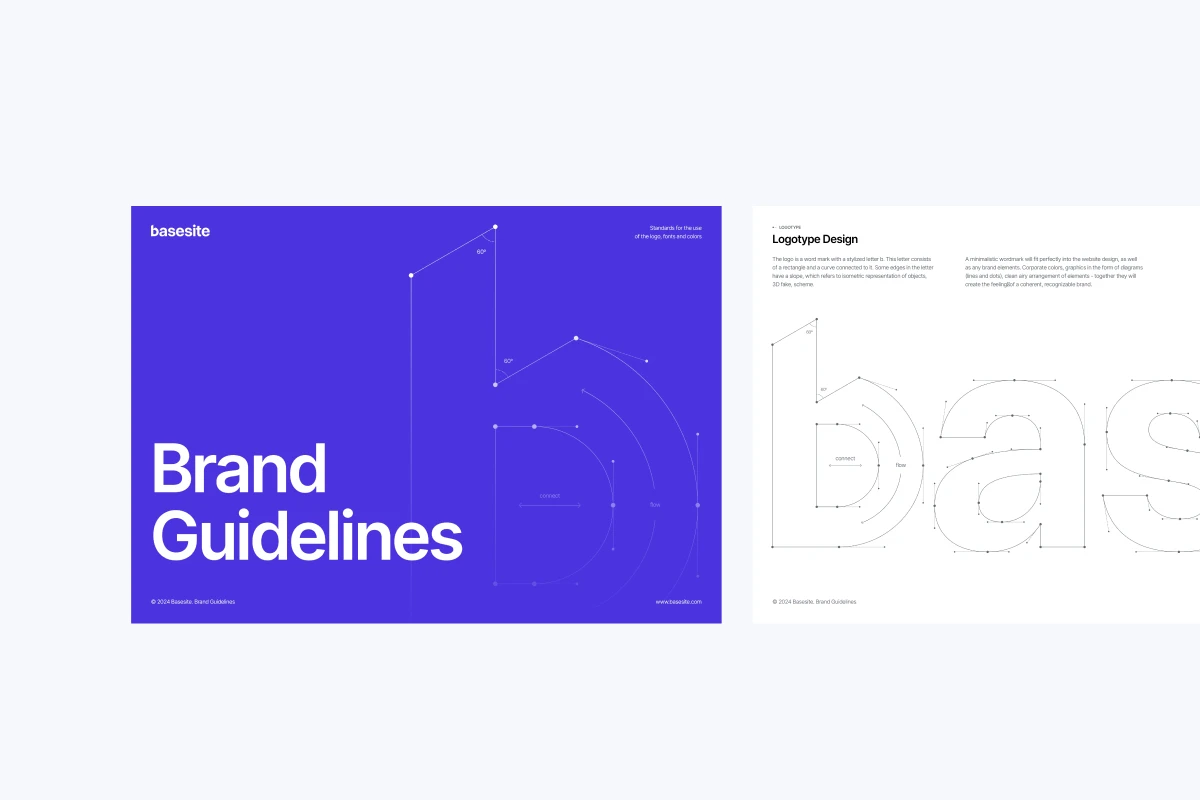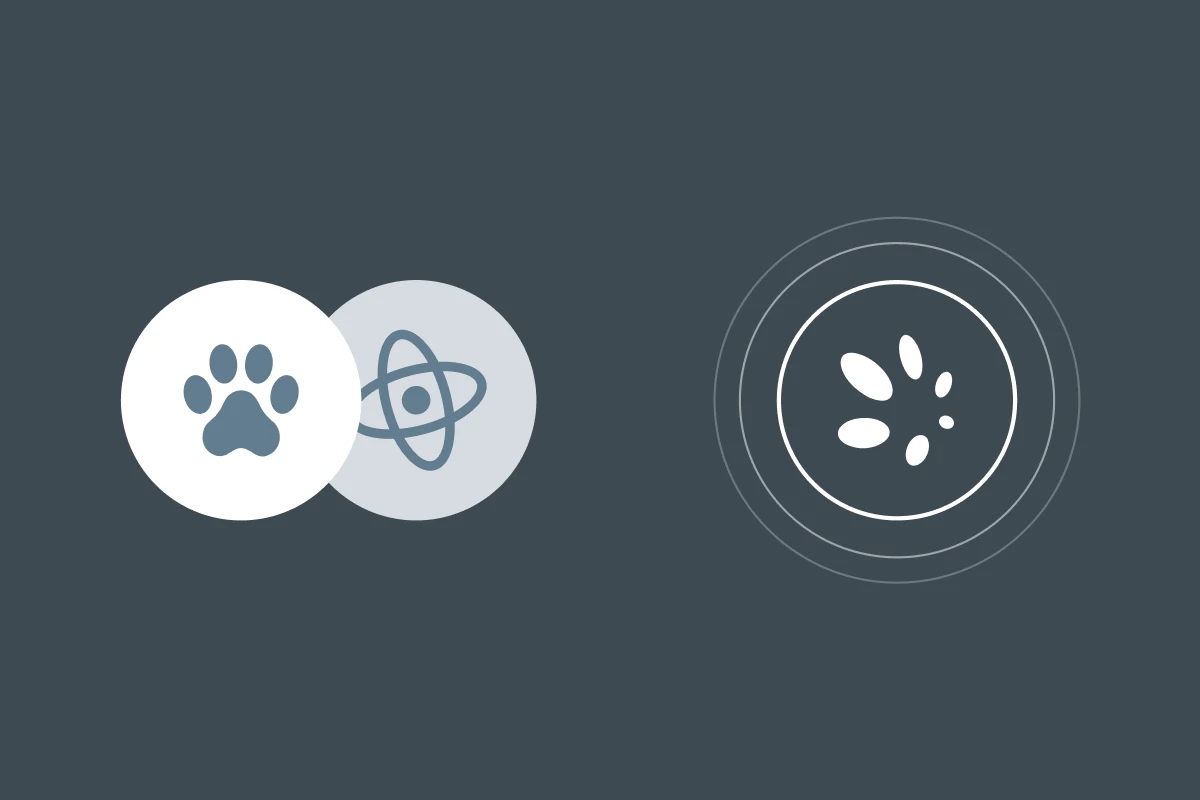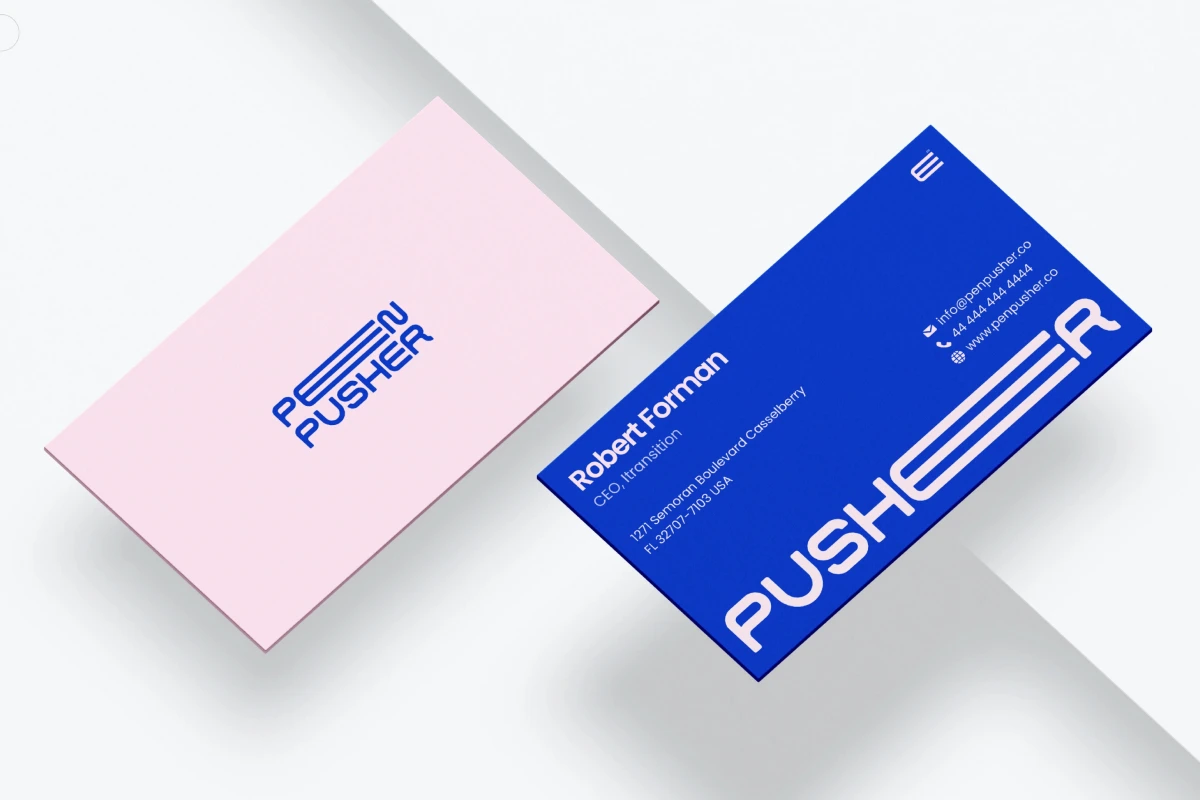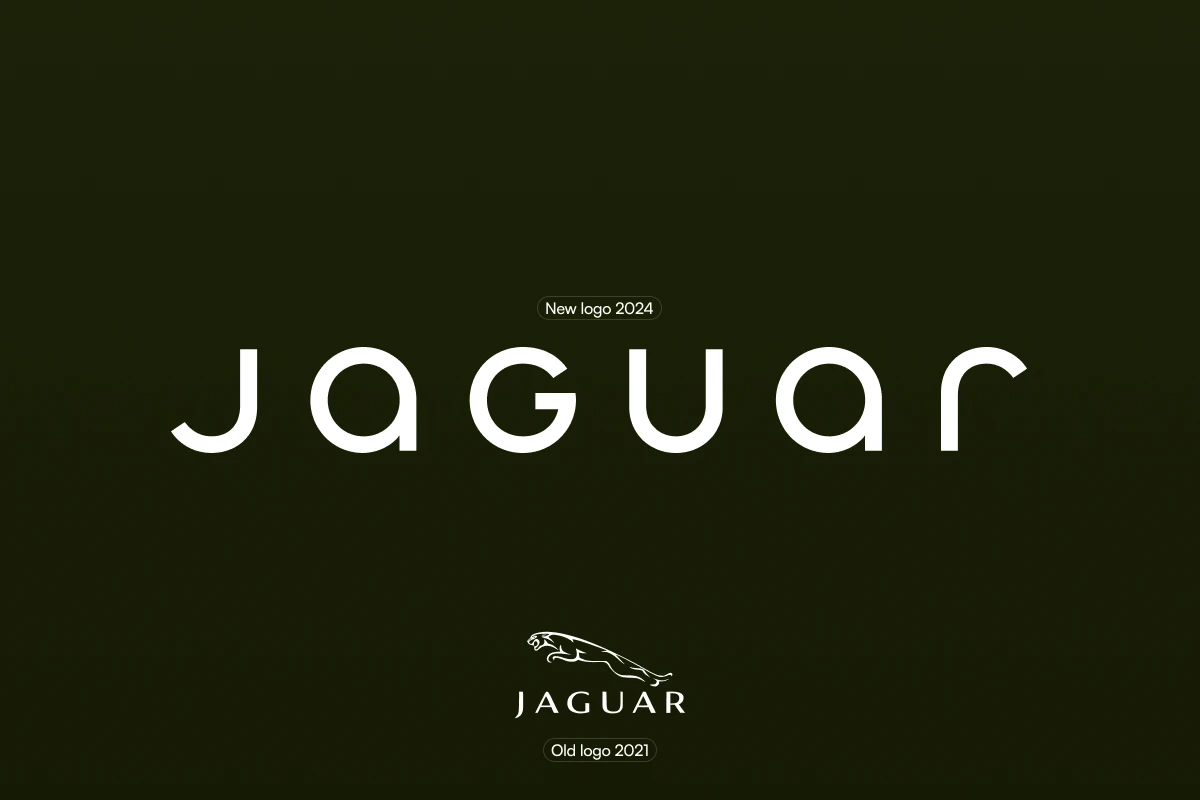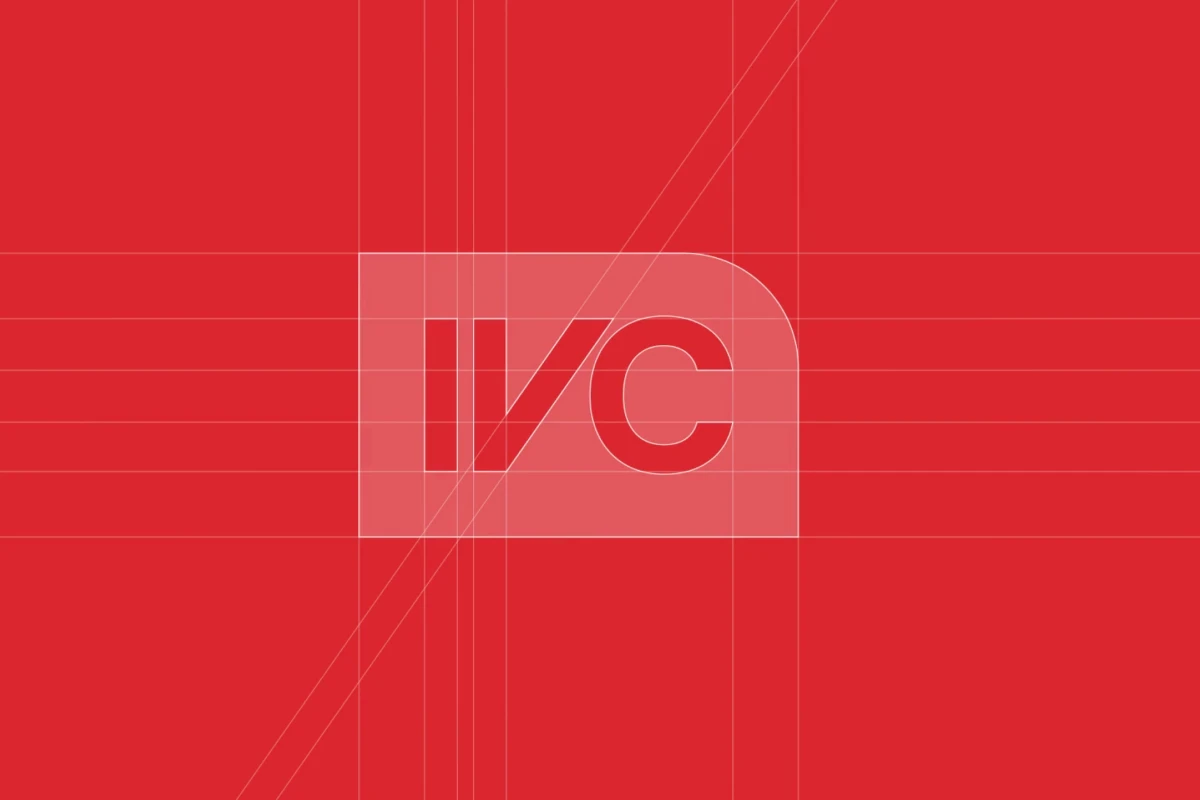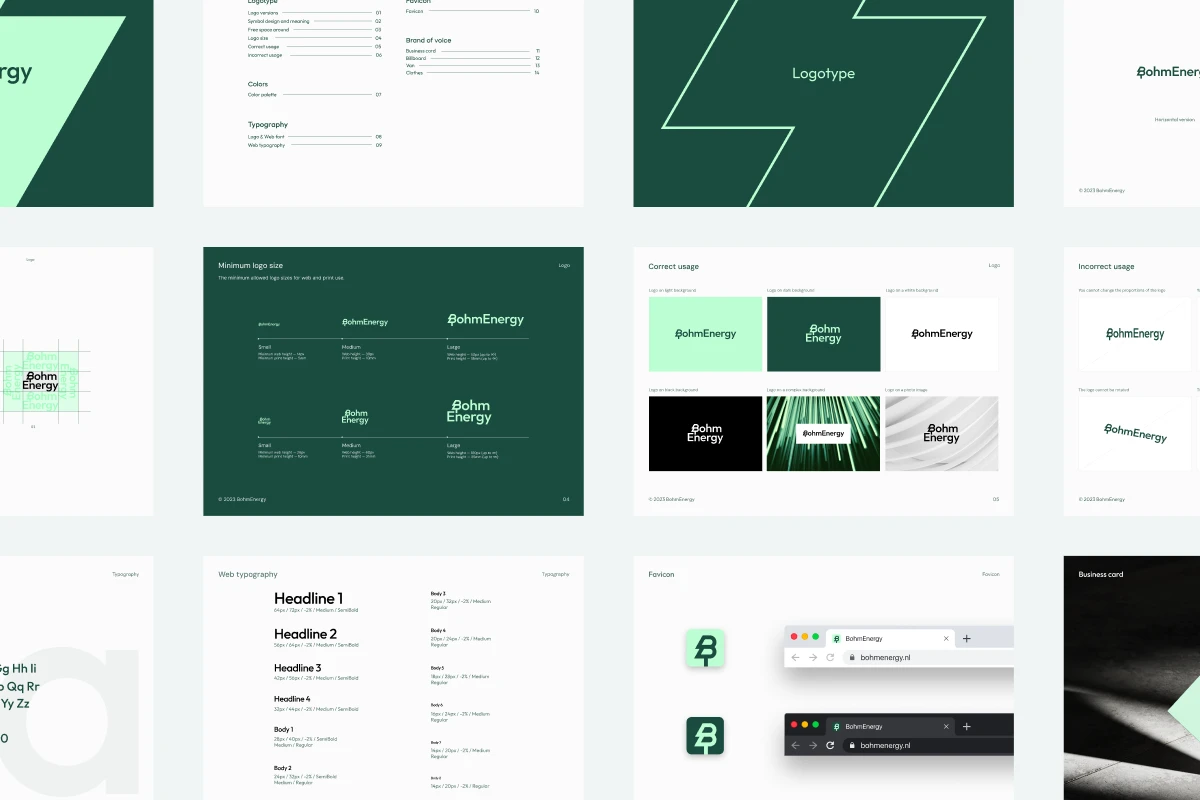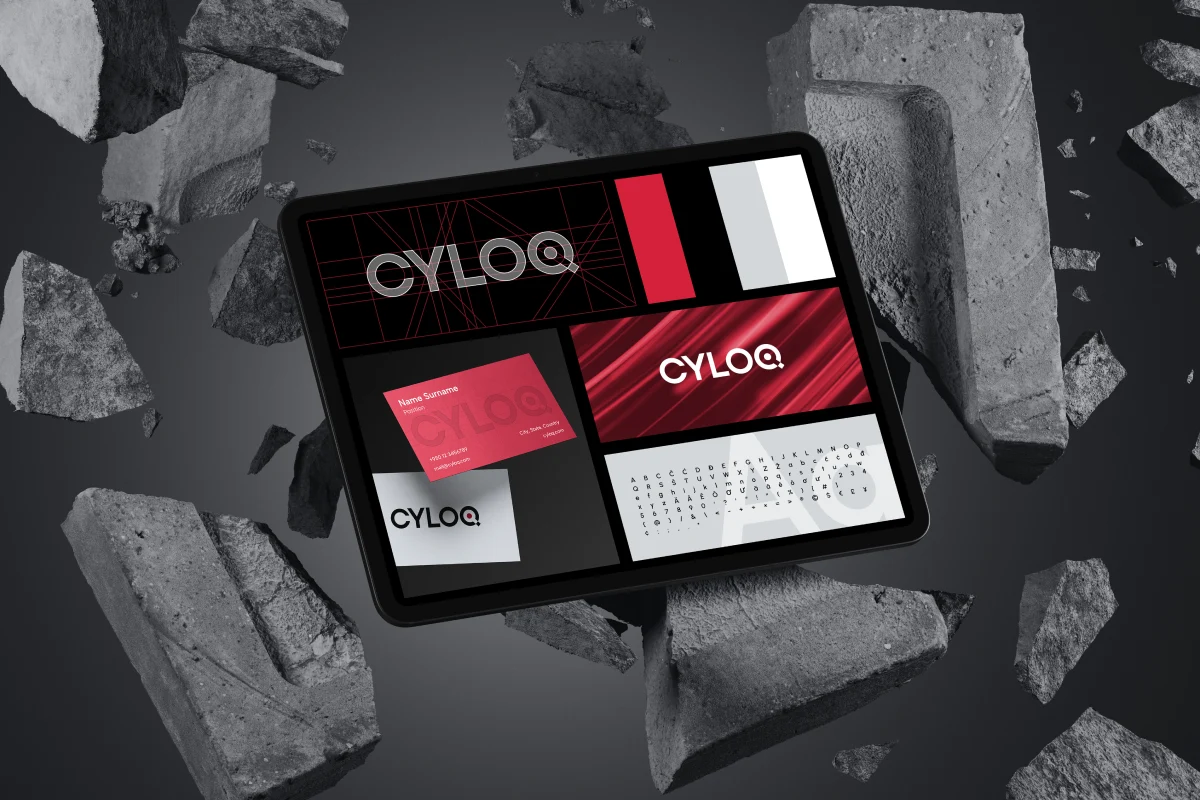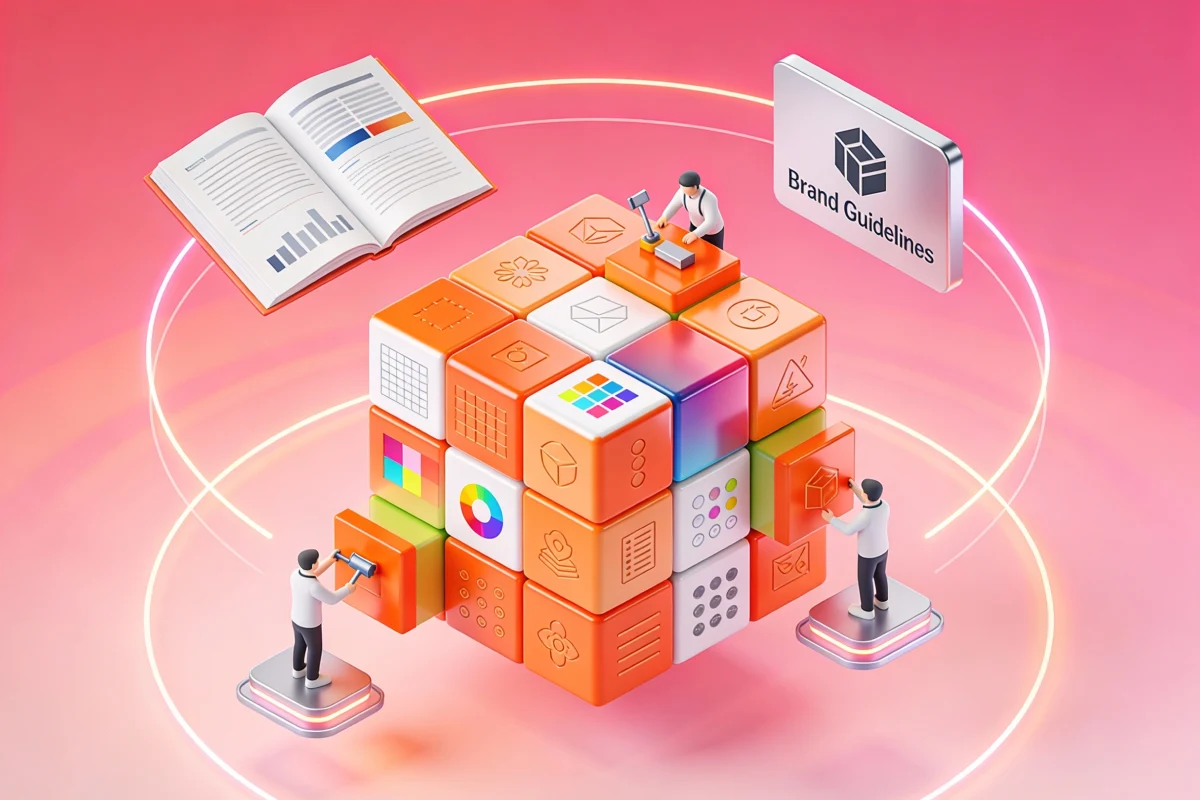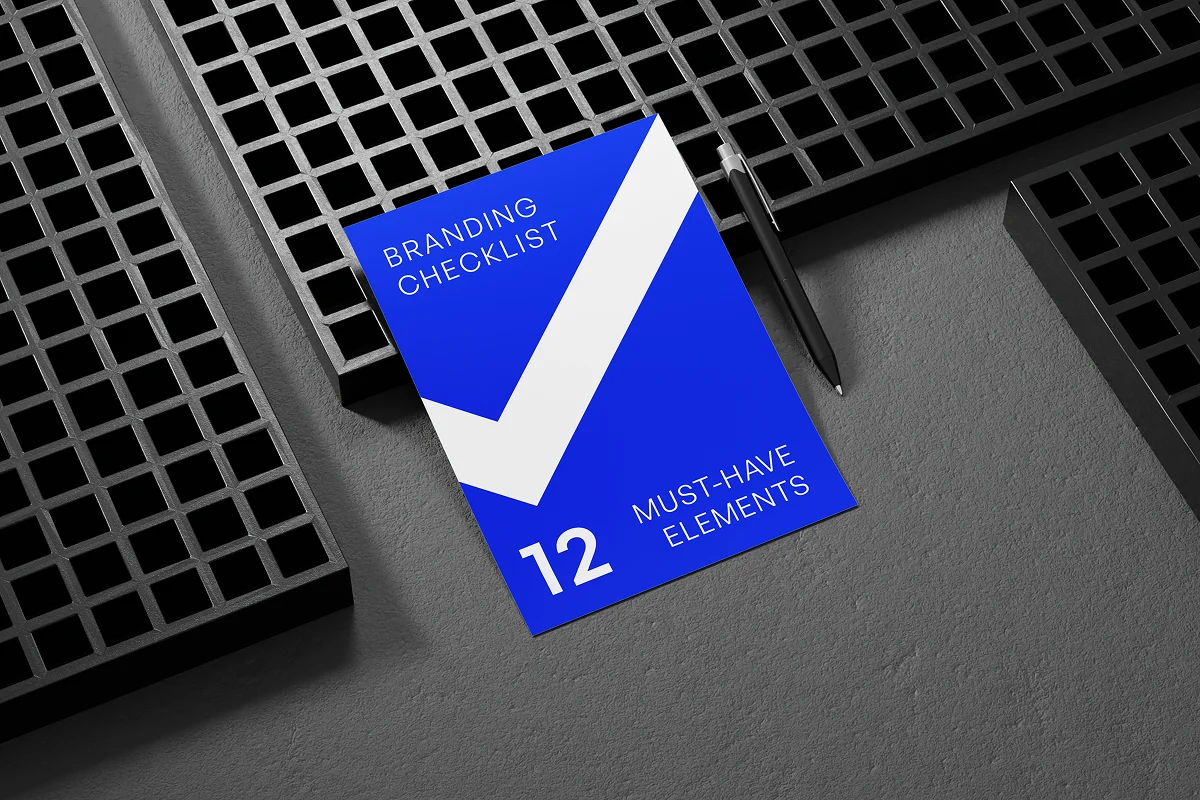Picking the right website design agency is one of the most important steps in building your online presence. Whether you're choosing a website designer for a startup or a large enterprise, the decision can impact your business goals directly. Your website isn’t just a digital placeholder — it’s your business tool, your lead generator, and your first impression. In this guide, we’ll show you how to choose a web design company that matches your website goals and helps your brand grow.
Know Your Website Goals First
Before contacting a web design agency, define what your website should achieve. Ask yourself:
- Do I need an informational site, an online store, or something more complex?
- Should it generate leads, drive phone calls, or support online bookings?
- Who are my users, and what actions do I want them to take?
Being clear about your business goals and website objectives helps you evaluate whether a web design company has the right experience. It's also crucial when you're choosing a website design to fit your brand and audience.
.webp)
Understand the Role of a Web Agency
A reliable web agency does more than just design nice-looking pages. It should be an agency that understands your business needs, technical requirements, and target market. They help with:
- User journey planning. This helps build a layout that guides visitors to the right pages quickly, improving engagement and conversions.
- Content strategy. It covers what to say, where to say it, and how to keep users interested with clear, useful messaging.
- Technical development. They ensure your site runs smoothly, loads fast, and handles everything behind the scenes.
- Mobile responsiveness. Mobile-friendly design is a must for both user experience and search engine rankings.
- SEO-friendly coding. These technical steps help your site rank higher in Google and attract more visitors.
If you're wondering how to choose a web design agency, look at the big picture — you need partners who think creatively and technically.
Agency vs. Freelancer vs. In-House
When considering who will build and maintain your website, you generally have three main options: a web design agency, a freelance web designer, or an in-house team. Each has its own set of pros and cons.
Web Design Agency
- Pros: Agencies offer a full spectrum of services, including design, development, SEO, content strategy, and ongoing support. They have diverse teams with specialized skills, ensuring a comprehensive approach and higher quality output. They often have established processes and project management, leading to more predictable timelines and results.
- Cons: Agencies are typically the most expensive option due to their overhead and the breadth of services they provide. Communication can sometimes be slower as you're dealing with a team rather than a single point of contact.
Freelance Web Designer
- Pros: Freelancers are often more affordable than agencies and offer a more personalized, one-on-one working relationship. They can be very flexible and responsive, making them ideal for smaller projects or specific tasks.
- Cons: A freelancer's capabilities are limited by their individual skill set. They might not offer a full range of services (e.g., no SEO or content strategy expertise). Availability can be an issue, and if they become unavailable, your project might stall. Quality and reliability can vary greatly.
In-House Team
- Pros: An in-house team provides maximum control and immediate access to your web development resources. They have a deep understanding of your company's culture, brand, and long-term goals. This option is best for businesses with continuous, evolving web needs and complex systems.
- Cons: Building and maintaining an in-house team is very expensive, involving salaries, benefits, and equipment. It requires significant management oversight and can be challenging to find and retain diverse talent. The team's skills might become outdated if not continuously invested in training.
Choosing the right option depends on your budget, project complexity, desired level of control, and long-term web strategy.
Compare Budgets, But Don't Just Go for the Cheapest Option
Prices vary between a freelance web designer, a boutique web agency, and a large web development company. A cheap option might look appealing, but you risk poor structure, lack of scalability, or outdated design practices. That's why it's smart to read reviews and testimonials and ask: How do I choose a website design and development company that actually delivers?
Ask for a detailed proposal including:
- Scope of work
- Timeline
- Cost breakdown
- Post-launch support
This is where real consultation matters. The best agencies will ask questions before giving a quote — that’s a sign they care about your website goals.
Evaluate Portfolios and Case Studies
When choosing a website designer, don’t just admire visuals. Look at how well they executed the design process and whether the outcome reflects the client's target audience and marketing services. Click through live sites they’ve built. Check loading speed, layout clarity, and mobile responsiveness.
Look for case studies that include:
- Project goals
- Strategy used
- Visual and technical solutions
- Business results (conversions, bounce rate improvements, etc.)
A good web design company won’t hesitate to explain how their work delivered measurable results.
Read Client Testimonials
Honest, detailed client testimonials are valuable. They show how a web design company communicates, handles revisions, and supports clients after launch.
Try to find testimonials that mention:
- Timeline accuracy
- Technical problem-solving
- Responsiveness during the process
- Real business impact
Reviews with specifics are much more trustworthy than vague praise.

Book a Real Consultation
A discovery call or strategy session is a must before hiring a web design team. This step reveals if you’re working with a professional web partner who offers ongoing support beyond launch.
Before your meeting, prepare a list of questions to make sure you get the information you need. Here’s what to ask:
- What’s your process from planning to launch?
- Who will manage my project?
- How do you handle feedback and change requests?
- How do you stay updated on web design trends?
This step shows whether their communication style and process suit your needs.
Critical Questions to Ask a Web Design Company
Choosing the right web design partner isn’t just about what they show you—it's about what you ask during your consultation or proposal review:
- How do you get to know my business and audience?
The best agencies will want to understand your goals, brand, and users before they start designing. Look for agencies that mention discovery workshops, stakeholder interviews, or user research. For example: “We start every project with a kickoff meeting to understand your business goals and your customers’ needs.” - Can you share references or connect me with past clients—especially those with similar projects or goals?
Speaking directly with previous clients gives you real insight into the agency’s reliability and results. A reputable agency will readily provide references. For instance, they might say: “We’d be happy to connect you with clients in your industry so you can hear about their experience with us.” - Who will be my main point of contact, and who is on the project team?
Knowing your project manager and team members helps set clear expectations and communication lines. You should know who manages your project and who to contact with questions. A clear answer might be: “You’ll work directly with our project manager, and here’s the team who will be involved.” - What is your process for handling feedback, revisions, and changes in project scope?
A clear process for handling feedback and revisions helps avoid budget overruns and project delays. For example, a good agency should outline how many revision rounds are included, how additional changes are managed, and what happens if the project scope shifts. Without this clarity, you risk unexpected costs or misaligned expectations. - How do you measure project success? What metrics or analytics will we track?
A results-driven agency will discuss concrete metrics—like conversion rates (how many visitors take action), bounce rates (how many leave quickly), and organic traffic (visitors from search engines). Tracking these KPIs (Key Performance Indicators) is crucial because they show whether your website is helping your business grow, not just looking good. For example: “We’ll monitor conversion rates, bounce rates, and organic traffic, and provide monthly reports so you can see real progress.” - Who owns the website and all its assets after launch?
Ensure you retain full ownership of your site, content, and code. Ideally, you should have direct administrative access to your domain name and hosting accounts, even if the agency helps set them up. Ensure you have full ownership. A best-practice answer: “You’ll have administrative access to your domain, hosting, and all design files.” - What happens if key team members become unavailable during the project?
Ask about contingency plans and documentation practices to safeguard your investment. A professional agency will have backup plans, such as: “We document all work and have cross-trained team members to ensure continuity.”
Red Flags to Watch Out For
Protect yourself from common pitfalls by watching for these warning signs when evaluating web design companies:
- Vague proposals or unclear pricing. For example, if an agency won’t give you a detailed breakdown or keeps changing the estimate, it’s best to walk away.
- Reluctance to provide references or case studies. If they can’t connect you with past clients, they may not have a track record of successful projects.
- High-pressure sales tactics or rushing you to sign. A trustworthy agency will give you time to decide and answer all your questions.
- No clear process for revisions or project management. If you ask “How are changes handled?” and get a vague answer, it’s a red flag.
- Promises that seem too good to be true (e.g., “instant results” or “guaranteed #1 rankings”). No agency can guarantee overnight success or top Google rankings.
- Lack of transparency about who will work on your project. You should always know who’s on your team and their roles.
- No post-launch support or maintenance plan offered. If they disappear after launch, you’ll be left on your own for updates or issues.
If you notice any of these, consider it a signal to proceed with caution—or look elsewhere.
Technical Proficiency & CMS Platforms
The web development company you choose should build for speed, security, and scale. A technically proficient agency ensures your website is not only visually appealing but also robust and high-performing. They understand that a fast-loading site improves user experience and search engine rankings, while strong security measures protect your data and your users. Scalability is crucial for future growth, allowing your website to handle increased traffic and new features without performance issues.
Ask if they:
- Use SEO-friendly code and metadata to ensure your site is easily discoverable by search engines, driving organic traffic.
- Optimize for mobile and tablet, implementing responsive web design techniques across devices to provide a seamless experience on any screen size.
- Follow best practices in accessibility (ADA or WCAG—standards that ensure your website is usable by people with disabilities) to make your website usable by everyone.
- Understand how to integrate your digital marketing tools for performance tracking, allowing you to measure the effectiveness of your campaigns and make data-driven decisions.
- Offer CMS solutions (like WordPress or custom builds) that provide you with the flexibility and control to manage your content efficiently. Whether it's a widely used platform like WordPress or a bespoke solution tailored to your unique needs, the right CMS empowers you to update and expand your site with ease.
Accessibility and Compliance Matter
A modern website must be accessible to everyone, including people with disabilities. Ask your web design company about their approach to accessibility and compliance with standards like ADA (Americans with Disabilities Act) or WCAG (Web Content Accessibility Guidelines). For example, accessible sites use “alt text” on images so screen readers can describe them, and ensure color contrast for readability. Ask the agency to show you an example of an accessible site they’ve built. An accessible site:
- Expands your audience
- Reduces legal risk
- Improves overall usability for all visitors
Request examples of accessible sites they’ve built, and make sure accessibility is part of their process from the start.
Integration with Your Business Tools
Your website should work seamlessly with the tools you already use, such as:
- CRM systems (for managing leads and customers)
- Email marketing platforms
- Analytics and tracking tools
- E-commerce or booking systems
For instance, if you use Mailchimp for email marketing or Salesforce as your CRM, ask if the agency can connect your website to these platforms so data flows automatically. If you use Google Analytics, confirm they will set up tracking and show you how to access your reports.
Communication & Project Management
A good agency will schedule regular check-ins—weekly or bi-weekly calls, for example—and use project management tools like Trello, Asana, or Basecamp to keep you updated on milestones and deadlines. Ask them to describe how they keep clients informed throughout the project.
Effective communication and robust project management are critical for any successful web development project. A good agency establishes clear communication cycles, ensuring you're always informed about progress, challenges, and next steps. This includes regular meetings, detailed status reports, and accessible points of contact.
Project handoffs, whether between internal teams or from the agency to your in-house staff, should be seamless. This involves thorough documentation, knowledge transfer sessions, and clear guidelines for maintaining the website post-launch. The agency should also clearly define and deliver all agreed-upon assets, including design files, codebases, content, and any necessary licenses or credentials. This ensures you have full ownership and control over your digital property.
Are They Creative and Strategic?
When choosing the right design company for your business, don’t underestimate creativity. If you're wondering how to choose a good web design company, look for one that blends visuals with conversion strategy. You need more than nice visuals — you need ideas that convert visitors into customers.
A creative team will:
- Propose layouts based on user behavior
- Use color and typography to guide actions
- Combine design with brand storytelling
Ask how they stay on top of web design trends, and how they apply them without sacrificing usability.
How Much Does Industry Experience Matter?
While it’s helpful if an agency has experience in your industry, don’t dismiss creative teams who show versatility in their portfolio. Look for:
- Demonstrated ability to adapt design and messaging to different audiences
- Understanding of your business model and customer journey
- Willingness to research and learn about your specific needs
In short, prioritize agencies that demonstrate adaptability and a willingness to learn about your business, even if they haven’t worked in your exact field before. For example, an agency with experience in both e-commerce and service businesses may introduce innovative conversion strategies to your manufacturing website—giving you a fresh perspective that a narrowly focused agency might miss.
Clarify Ownership and Post-Launch Support
Before you sign, confirm that you will have full ownership of:
- Your website’s code and content
- Design files and assets
- Domain name and hosting accounts (make sure you have direct administrative access, not just the agency)
If your domain is registered under the agency’s name, you could lose access if you ever switch providers. Always make sure your business is listed as the owner of your domain and hosting accounts.
Also, ask about support options after launch. Who do you contact for updates or emergencies? Is there a support plan, retainer, or hourly rate? Clear answers here will prevent future headaches. For instance, if your website goes down unexpectedly and you aren’t sure who to contact, you could lose business or credibility until the issue is resolved. Always confirm who to reach for updates or emergencies, and whether support is included in a plan, available as needed, or billed hourly.
Further Reading:
These revisions will resolve potential confusion, improve usability, and ensure your article is accessible to readers at any level of web experience.
Ongoing Support & Maintenance
A good web design company will offer options for ongoing support, such as retainer packages or hourly support. For example, if your website goes down on a weekend, does the agency offer emergency support? Or if you want to add a new product page, is that included in your plan or billed separately? Clarify these details before signing.
Your website isn’t static; it requires continuous attention to remain effective and secure. Post-launch support is crucial for ensuring your site continues to perform optimally and adapt to evolving business needs and technological advancements. This includes:
- Technical updates and bug fixes: Regular updates are essential to keep your website secure, compatible with new browsers, and free from performance issues.
- New landing pages: As your marketing strategies evolve, you'll need new landing pages to support campaigns and capture leads.
- Conversion optimization: Ongoing analysis and adjustments to your site's design and content can significantly improve conversion rates.
- Analytics reporting: Regular monitoring and reporting of website analytics provide insights into user behavior and site performance, guiding future improvements.
- Security monitoring: Constant vigilance against cyber threats is vital to protect your website and user data.
A good web design company will offer various options for ongoing support, such as retainer packages or hourly support, tailored to your specific needs and budget. This ensures your website remains a powerful asset for your business long after its initial launch.
Ask About Ongoing Web Design Services
Your website isn’t static. You'll need ongoing web design services such as:
- Technical updates and bug fixes
- New landing pages
- Conversion optimization
- Analytics reporting
- Security monitoring
See if your web agency offers packages or hourly support post-launch. A good web design company will give you options based on your needs and budget.
What Makes the Best Web Design Company?
There’s no one-size-fits-all answer. But the best web design company for you will:
- Understand your audience
- Align with your goals
- Provide strong tech + design skills
- Offer transparent pricing
- Communicate clearly
- Back up their work with real results
Expanded Checklist for Choosing a Web Design Partner
Tip: Print this checklist or keep it open during your agency interviews. This will help you stay organized, ensure you don’t forget critical questions, and make it easier to compare different agencies’ responses side by side.
Use this actionable checklist as you evaluate agencies:
- Do they ask about your goals before quoting?
- Can they provide client references and case studies?
- Are their proposals detailed and transparent?
- Will you have a dedicated project manager?
- Do they have a clear process for revisions and feedback?
- Can you see a demo of their CMS or admin tools?
- Do they offer post-launch support and maintenance?
- Who owns the website and all assets after launch?
- Do they have experience with your preferred integrations?
- Are accessibility and compliance part of their process?
- Do they provide a sample contract or service agreement?
- How do they handle unexpected changes or scope creep?
Final Thoughts: Make Your Choice with Confidence
Choosing a web design company is a big decision, but with the right questions and a careful review process, you can find a partner who will help your business thrive online. Look for an agency that:
- Understands your goals and audience
- Communicates clearly and transparently
- Offers both creative and technical expertise
- Provides strong references and measurable results
- Supports you before, during, and after launch
Take your time, do your research, and don’t be afraid to ask tough questions. The right web design company will welcome your diligence—and deliver a website that truly works for your business.
If you're ready to work with a web design agency that focuses on strategy, speed, and smart results — let’s start your project.
Want help evaluating proposals or checking technical specs from a web development company? Reach out — we’re happy to offer a free consultation.



